
Afrobeats, a dynamic and vibrant musical genre, has its roots in the rich musical traditions of West Africa, blending Ghanaian highlife, Nigerian juju, and contemporary influences such as hip-hop and electronic music.
Known for its captivating rhythms, infectious melodies, and engaging lyrics, Afrobeats has experienced significant global expansion, becoming a major cultural force that celebrates African identity and addresses social and political themes with energy and creativity.
1. History and Origins of Afro-beats
Afrobeats, heir to Ghanaian highlife and Nigerian juju, has its roots in the 1950s and 1960s, with artists like Sunny Adé and Fela Kuti laying the foundations of the genre. The 1990s and 2000s saw a new generation of Nigerian artists blending these influences with hip-hop, dancehall, and electronic music, giving rise to “Naija Beats,” with pioneers such as Femi Kuti and D’banj.
Global recognition of Afrobeats exploded in the 2010s, with artists like Wizkid, Davido, Burna Boy, and Tiwa Savage collaborating internationally, such as Wizkid and Drake’s “One Dance,” Tems and Future’s “Calm Down”; “Wait for You,” and Rema and Selena Gomez’s cover of “Calm Down.”
Afrobeats continues to gain popularity with new artists exploring sub-genres like Afrofusion and Afro-house. The Afrobeats scene has also become a platform for cultural and social expression, addressing themes such as African identity, politics, and social issues through music. To grasp Afrobeats, it’s important to explore various artists and songs to understand its key elements such as rhythms, melodies, arrangements, and distinctive lyrics.
2. Inspiring Afrobeats Artists and Producers to Follow on Instagram
3. Production Tips
- Tempo 90 – 110 BPM: The tempo of Afrobeats is often characterized by its vibrant energy and catchy rhythm. While it can vary, it generally falls within a fast to moderate tempo range, typically between 90 and 110 beats per minute (BPM).
- Scales: Pentatonic scales and major/minor scales are commonly used, but there’s no limitation to a specific scale. Artists have the freedom to explore various scales and modes to create harmonious and catchy melodies.
- Percussion: Percussion is the backbone of the genre, featuring iconic instruments such as djembes, congas, talking drums, shakers, agogôs, and calabash drums.
- Variety of Instruments: Afrobeats blends traditional African instruments with electric guitars, bass guitars, and keyboards, creating a warm sonic texture. The addition of electronic elements like synthesizers and drum machines expands the sound palette, merging tradition with innovation.
- Diverse Rhythms: Afrobeats combines elements of traditional African music such as highlife and palm-wine with contemporary influences like hip-hop and reggae. Powerful percussion sets the foundational rhythm, supported by funky basslines, dynamic electric guitars, and mesmerizing synthesizers.
- Traditional and Modern Instruments: The use of traditional African instruments like djembes, bongos, xylophones, talking drums, kora, marimba, kalimba, and congas, combined with modern instruments such as keyboards, electric guitar, electronic drums, and electric bass, is encouraged to create infectious beats.
- Importance of Bass: Afrobeats emphasizes melodic and dynamic basslines. These are produced in various ways, often with a more organic and less synthetic sound, using acoustic instruments like bass guitars and sometimes traditional instruments. Synth basses are not excluded, with some producers subtly integrating them to create a hybrid sound.
- Vocal Specifics: Afrobeats vocals combine African rhythms with vibrant vocal expressiveness, focusing on singing. Singers deliver powerful performances with clear vocal clarity and emotional delivery. Autotune or other effects may be used, but less commonly.
4. 20 Perfect Capsules for Afrobeats Music Production
In the Capsule catalog, you’ll find a diverse array of Afrobeats-inspired sounds that we offer to facilitate the production of your future hits. Here are a few:
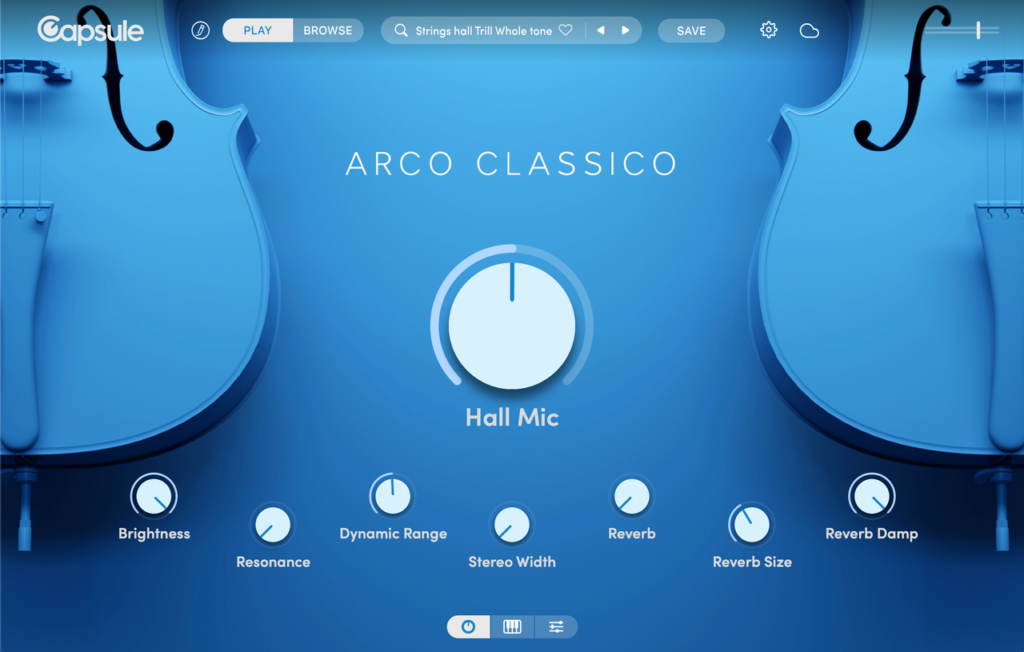
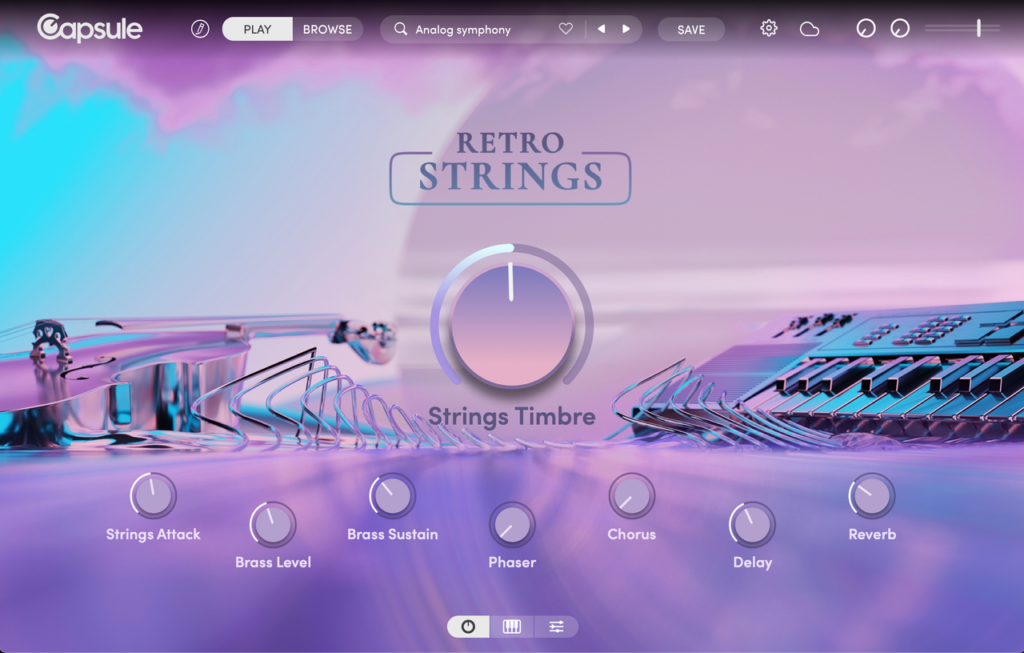
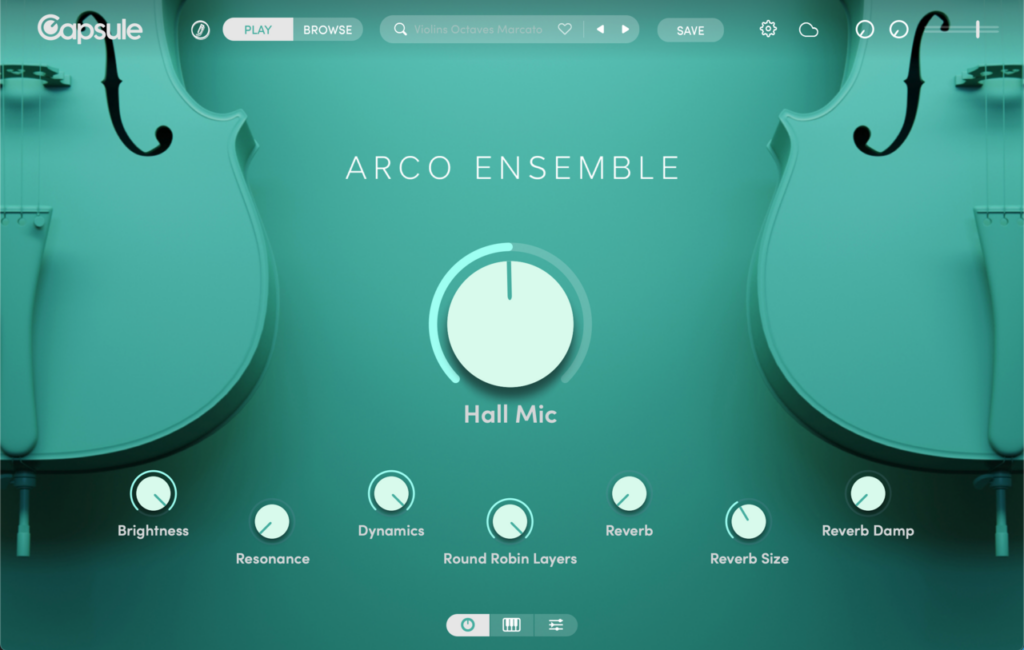
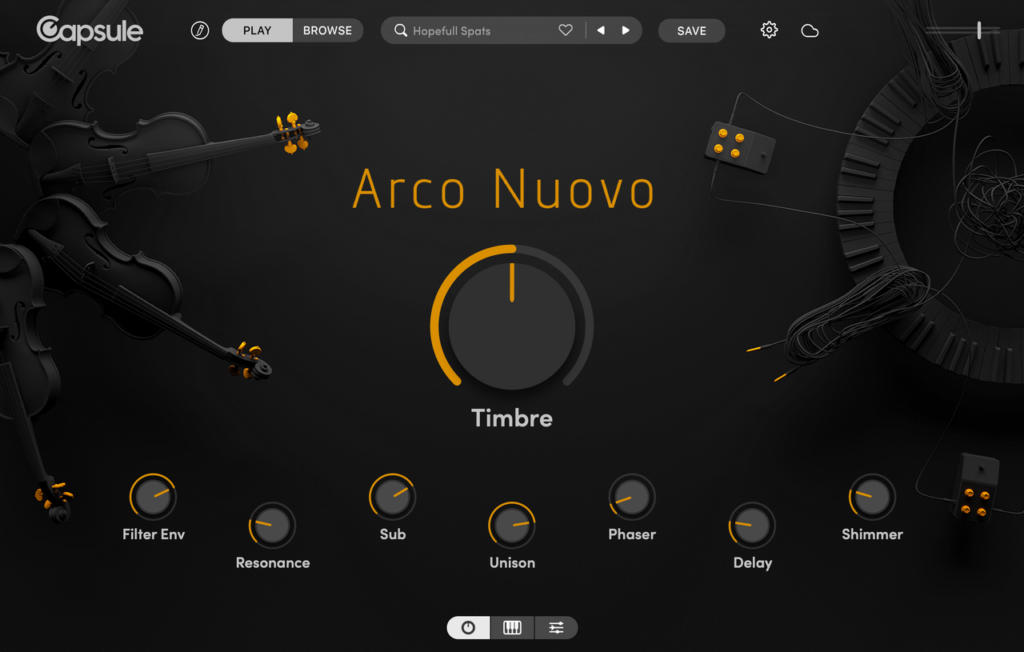
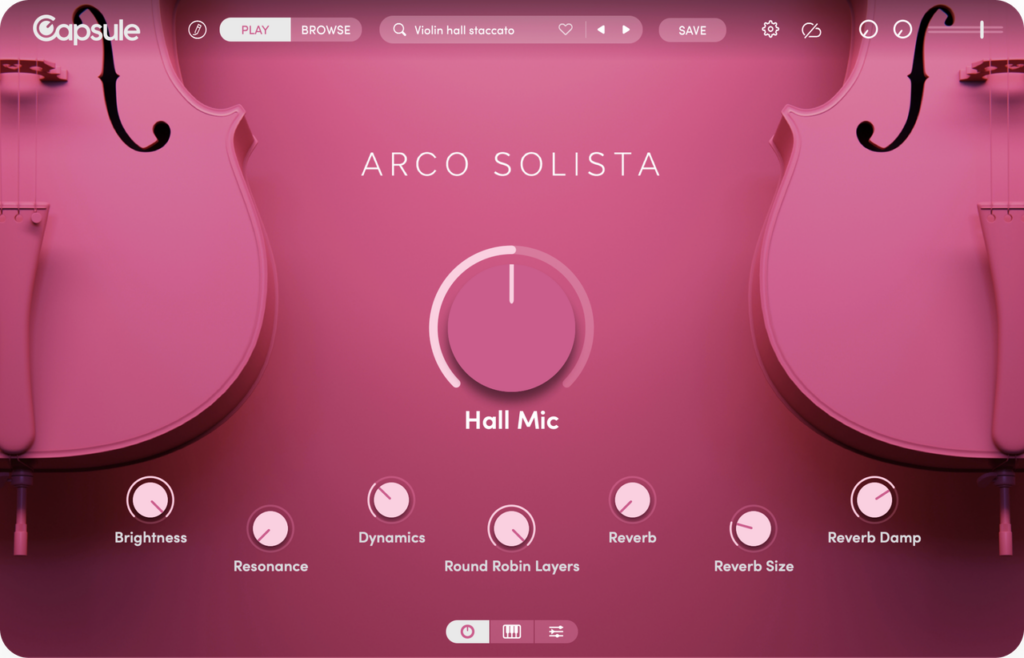





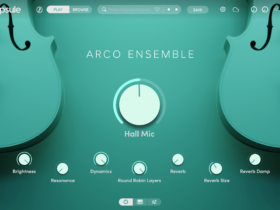
Leave a Reply